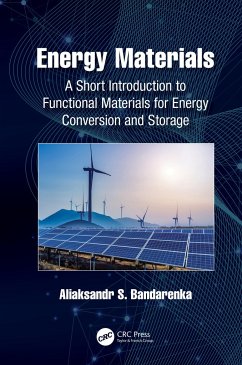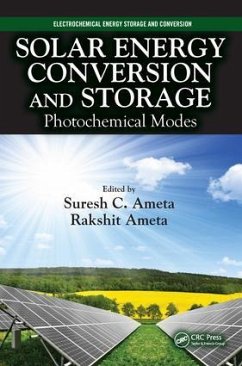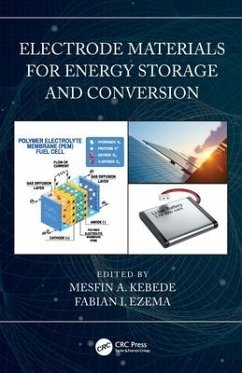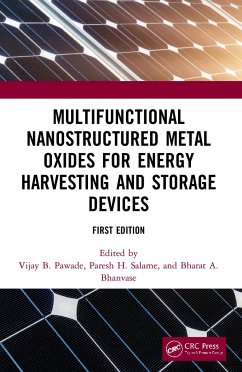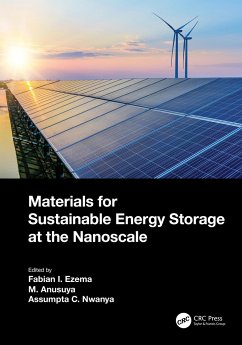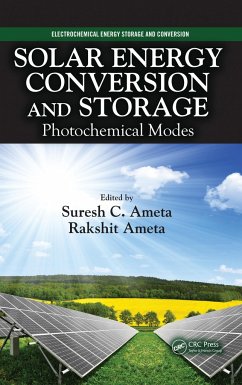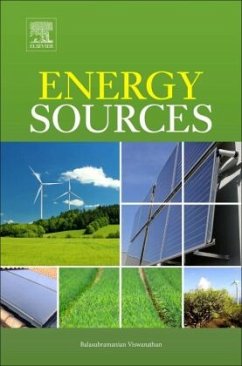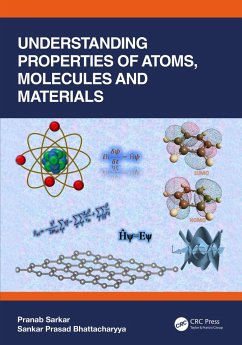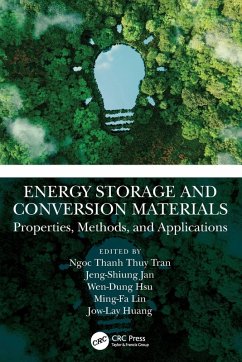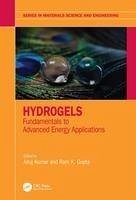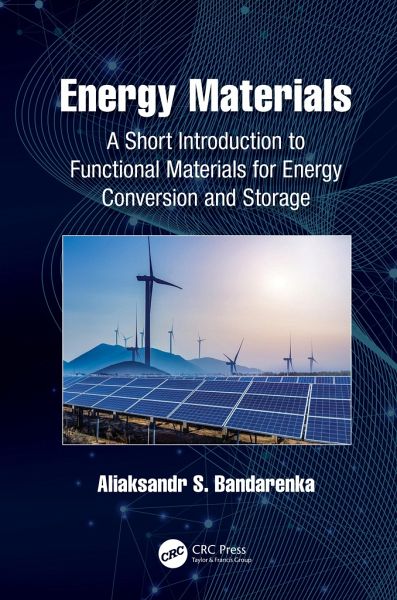
Energy Materials
A Short Introduction to Functional Materials for Energy Conversion and Storage
Versandkostenfrei!
Versandfertig in 6-10 Tagen
138,99 €
inkl. MwSt.
Weitere Ausgaben:

PAYBACK Punkte
69 °P sammeln!
Energy Materials: A Short Introduction to Functional Materials for Energy Conversion and Storage provides readers with an accessible overview of the functional materials currently employed or investigated for energy provision, conversion, and storage. Rather than exploring the physical and chemical basics of energy conversion and storage, this book focuses on the various materials used in this field with simple explanations of their design principles, specific functionality, and quantitative figures of merit.It is suited for advanced undergraduate and graduate students studying energy and ener...
Energy Materials: A Short Introduction to Functional Materials for Energy Conversion and Storage provides readers with an accessible overview of the functional materials currently employed or investigated for energy provision, conversion, and storage. Rather than exploring the physical and chemical basics of energy conversion and storage, this book focuses on the various materials used in this field with simple explanations of their design principles, specific functionality, and quantitative figures of merit.
It is suited for advanced undergraduate and graduate students studying energy and energy materials in physics, material science, engineering, and chemistry courses, as well as scientists starting their research in the field of functional materials for energy applications.
Key Features:
Provides an accessible introduction to complex subjects in simple terms with pedagogical features to enhance learning
Contains the latest developments in this exciting and growing area
Discusses examples from modern high-impact research and applications
It is suited for advanced undergraduate and graduate students studying energy and energy materials in physics, material science, engineering, and chemistry courses, as well as scientists starting their research in the field of functional materials for energy applications.
Key Features:
Provides an accessible introduction to complex subjects in simple terms with pedagogical features to enhance learning
Contains the latest developments in this exciting and growing area
Discusses examples from modern high-impact research and applications





